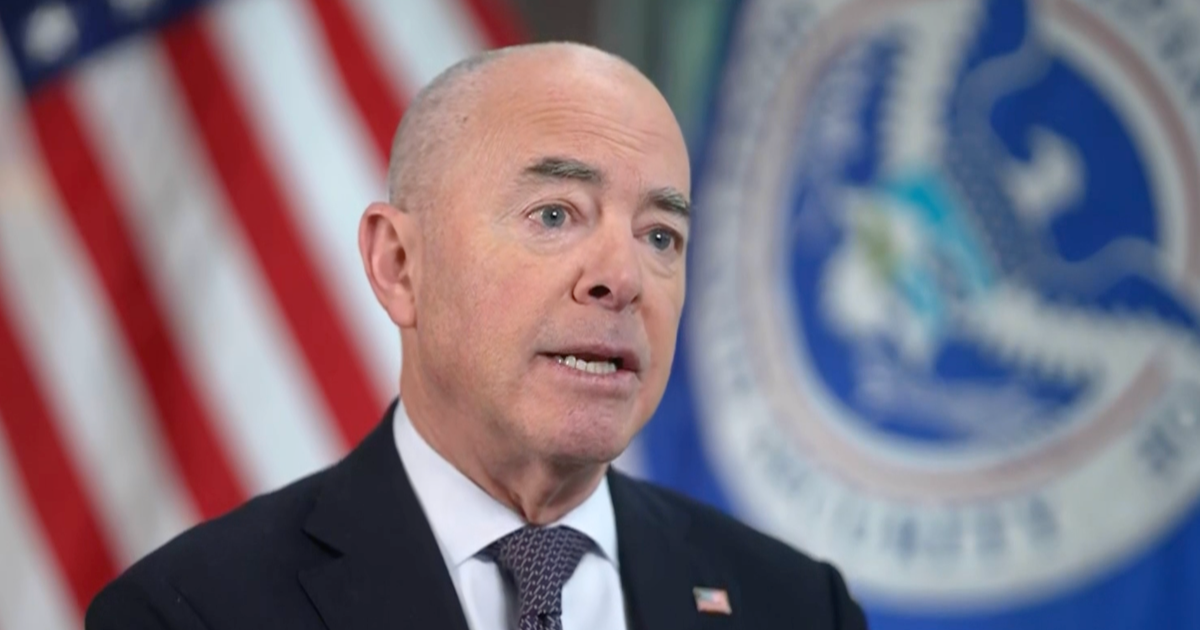Afghan Students With U.S.-Linked Education Fear For Their Futures

Last August, when U.S. troops left Afghanistan, hundreds of Afghans were attending U.S.-funded colleges. The goal was to help Afghan students get a high-quality education, either in Afghanistan or another country such as Kyrgyzstan, Lebanon and Morocco. Most of the students getting a U.S.-backed college education were women.
Then the Taliban took control, and the students are now scrambling to figure out what to do next.
Some of the students got out. Some are still living in Afghanistan, where they fear their U.S.-linked education puts them at risk. Others are away attending college in other countries but remain unsure about where they’ll go when they graduate.
The situation is especially dire for the hundreds of students at American University of Afghanistan (AUAF) who have been left behind. Their ties to the United States put them in grave danger, and their education is also being disrupted. They feel abandoned and terrified. Despite university promises, students said they feel school authorities have done little to help them.
“Who will be held accountable if more of us are killed by the Taliban?” said Saeed, a student who remains in Kabul and who asked to use a pseudonym due to safety concerns. “It’s a matter of life and death.”
The AUAF was established in 2006 as the country’s first private institution to educate Afghans with high-quality, American-style liberal arts education, and is funded by the United States.
It became a target of the Taliban. In August 2016, Taliban terrorists stormed the campus, killing at least 13 students and staff members and injuring another 30. That same year, an American professor and an Australian professor from the university were kidnapped and detained for three years.
Taliban militants took over the campus last August after they seized Kabul. One of the Taliban militants involved posted on his Facebook that its students were wolves in sheep’s clothing who were trained by the United States to corrupt Muslims.
Saeed wanted to leave Afghanistan then. He was among nearly 600 AUAF students, staffers and families set to be airlifted out of the country that month. But the evacuation hit a snag, and their buses were sent back after hours of driving around the city and waiting to access the airport gates.
Saeed said he received an email from university officials later that day saying “there will be no more rescue flights,” leaving him with no way out of the country.
A month later, Saeed said university officials told him he could go study in Qatar, where the AUAF is in the process of setting up a satellite campus.
Saeed was hopeful, but nothing has happened yet. He said that students have also been told there are insufficient funds to relocate them, and that instead they are taking classes online.
Some 370 AUAF students were still in Afghanistan as of November, CNN reported at the time.
Saeed is particularly afraid to remain in the country after a Taliban gunman killed an AUAF student, Zainab Abdulahi, at a checkpoint in west Kabul at midnight in January. Taliban house searches and mysterious killings are also contributing to his anxiety.
“The AUAF president promised us that 100 students would be moved by the end of October, but that didn’t happen,” Saeed said. “We were assured again that 100 students would be relocated by the end of November and another 100 in 2022. None of these promises have been kept.”
AUAF President Ian Bickford did not respond to HuffPost’s request for comment on the matter.
Before the Taliban takeover, some AUAF students had received fully funded scholarships from the U.S. State Department, while others were self-funded or received some financial aid. Following the takeover, the school waived tuition for all students, including Saeed.
The State Department plans to relocate scholars to Qatar’s Education City as soon as possible, a department spokesperson told HuffPost, adding that it’s “been in regular communication with the American University of Afghanistan administrators about efforts to relocate the remaining students and staff, including non-scholarship students, still in Afghanistan.” However, the department did not share details of these efforts due to safety and operational considerations.
Master Sgt. Donald R. Allen/U.S. Air Forces Europe-Africa via Getty Images
After the chaotic U.S. airlift last August, relocation operations continued through early December 2021 but have since been stalled for several months due to a lack of agreement between the U.S. government and the Taliban, leaving tens of thousands of Afghans who fear Taliban reprisal behind.
About 450 AUAF students had made it out of Afghanistan as of November and were dispersed around the world, Bickford told CNN at the time. Only 50 of those students have made it to the United States, and a few of them are enrolled at Bard College, a private liberal arts college in New York.
Around 100 of the students now attend the American University of Iraq, Sulaimani, while about 100 others attend the American University of Central Asia in Bishkek, Kyrgyzstan. Still others have made their way to countries such as Pakistan and Turkey but are waiting for the opportunity to relocate elsewhere.
Even Afghan students already attending school abroad face an unclear future.
More than 330 Afghan students are studying on full scholarships funded by the U.S. State Department’s Bureau of South and Central Asia Affairs and the U.S. Embassy in Kabul. Nearly 90% of the State Department’s Afghan undergraduate scholarships are given to female students, the department spokesperson told HuffPost.
In addition to the AUAF, a considerable number of these Afghan scholarship recipients attend universities in Kyrgyzstan, Morocco and Lebanon. Around 100 other students recently relocated to Iraq.

Joel Carillet via Getty Images
Hasan, who is completing his undergraduate studies at the American University of Iraq, Sulaimani, in the Kurdistan region of Iraq, said he wonders what he will do when he graduates later this year.
Hasan, who is being referred to using a psuedonym due to safety concerns, was one of the fortunate AUAF students who made it out of Afghanistan in October 2021. While he is grateful for the opportunity to complete his education as a law major, he is concerned about having to return home after graduation.
“We’ve been branded as infidels and pawns of the West,” Hasan said, adding, “My law degree will be useless under the Taliban’s sharia-based legal system, and I see no future for my career in Afghanistan.”
Nilufar Payanda is an Afghan senior majoring in human rights at the American University of Central Asia in Bishkek. In June, she will get her diploma. Payanda said she wanted to return to Afghanistan and work in her chosen field, but those hopes were shattered by the Taliban takeover.
“I decided to study human rights because I was passionate about the subject and wanted to work for one of the United Nations agencies in Afghanistan,” she said.
Now, she’s stuck in a bind: What will happen in three months, and where should she go? Returning home is out of the question, but remaining in Bishkek has its own set of obstacles. After she graduates, her visa will expire and her stipend will be cut off.
Payanda said her scholarship coordinator advised her to consider applying for a master’s program in the United States or elsewhere, but that’s not a viable option for her at the moment due to time and financial constraints. She is looking into the possibility of obtaining a scholarship for a master’s degree at the same university. This, if it happens, would extend her stay in Bishkek for another two years, giving her enough time to plan for her future.
“I wish I wasn’t a senior student so that I might have more time to decide my fate after graduation,” Payanda said.
One option for students is to resettle in the United States as refugees. Those who have received a scholarship from the U.S. Embassy in Kabul may also be eligible for Priority One refugee referrals. The State Department spokesperson told HuffPost that many students have already been referred for resettlement under the U.S. Refugee Admissions Program.
But the process is lengthy and does not guarantee resettlement in the United States. It might take 12 to 18 months, which is not practical for Nilufar and Hasan, who are about to graduate.
“Given the exceptional circumstances, we have been exploring options for how best to support these students who will graduate,” the State Department spokesperson told HuffPost. “We are working with our cooperating university partners to encourage graduating Afghan students to apply for graduate study programs abroad, including in the United States.”
While nonsenior students have more time to figure out a path forward, it has not been easy for them, either. Hajar Rahimi, a sophomore majoring in political science at the American University of Beirut, feels distracted and despondent at times when she thinks about her future.
Rahimi said many students have switched their majors from politics to psychology or business because they know they will not be able to return to their homeland — and even if they do, there will be no place for them in Afghan politics. She was among the few students who did not change their fields of study.
“I still love my major,” she said.
Her parents call every now and then to check if there has been any news about her fate once she finishes her studies, but she has no answer yet. While they miss her, they advise her not to return since the situation for young women under the Taliban has deteriorated.
While Hajar’s future remains unknown, she longs to go back home and live in peace with her family again.
“I will never lose faith that things will change in Afghanistan and that we will be able to return someday,” she said.
Checkout latest world news below links :
World News || Latest News || U.S. News
Source link



